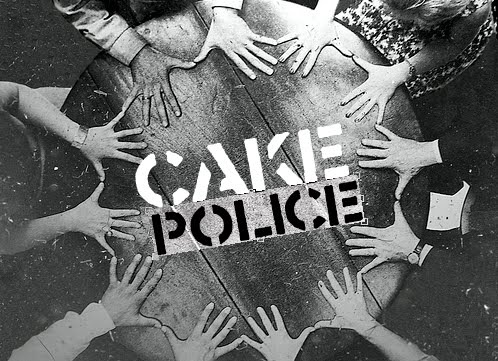In 1968, reports Hope Yen for the Associated Press, the ratio expressing the share of wealth taken home by the top 20 percent of Americans comparied with the share accounte for by those under the poverty line was 7.69 to 1. By 2009, that number doubled -- to 14.5 to 1. As of last year, income inequality in the United States reached its worst extent since records started being kept.
The top-earning 20 percent of Americans -- those making more than $100,000 each year -- received 49.4 percent of all income generated in the U.S., compared with the 3.4 percent earned by those below the poverty line, according to newly released census figures... A different measure, the international Gini index, found U.S. income inequality at its highest level since the Census Bureau began tracking household income in 1967. The U.S. also has the greatest disparity among Western industrialized nations.
At the top, the wealthiest 5 percent of Americans, who earn more than $180,000, added slightly to their annual incomes last year, census data show. Families at the $50,000 median level slipped lower.
Also from Salon:
"A key U.S. Senate committee will almost certainly vote this week to censor the Internet. A fast-track bill designed to whack copyright infringement is vastly more than that, and if it's passed and signed into law it will put America into a league with China and Saudi Arabia, among others, as a nation that makes sure most of its citizens won't find information that a tiny, elite group deems improper for their eyes."
"Although (COICA) is ostensibly focused on copyright infringement, an enormous amount of noninfringing content, including political and other speech, could disappear off the Web if it passes.
"The main mechanism of the bill is to interfere with the Internet's domain name system (DNS), which translates names like "www.eff.org" or "www.nytimes.com" into the IP addresses that computers use to communicate. The bill creates two blacklists of censored domains. The first is longer, and includes any sites where the DOJ decides that infringement is "central" to the purpose of the site. The bill gives ISPs and registrars strong legal incentives to censor the domains on that list. The Attorney General can also ask a court to put sites on a second, shorter blacklist; ISPs and registrars are required by law to censor those sites.
"If this bill passes, the list of targets could conceivably include hosting websites such as Dropbox, MediaFire and Rapidshare; MP3 blogs and mashup/remix music sites like SoundCloud, MashupTown and Hype Machine ; and sites that discuss and make the controversial political and intellectual case for piracy, like pirate-party.us, p2pnet, InfoAnarchy, Slyck and ZeroPaid . Indeed, had this bill been passed five or ten years ago, YouTube might not exist today. In other words, the collateral damage from this legislation would be enormous. (Why would all these sites be targets?)"
"There are already laws and procedures in place for taking down sites that violate the law. As the EFF notes, COICA would invite the government "to censor sites even when no court has found they have infringed copyright or any other law." Due process, schmoo process.
"And don't think the censorship will stop at these kinds of sites. Censorship is seductive, once it's in place. It'll expand relentlessly.
"As usual in copyright battles, this has gotten almost no attention from what Sarah Palin calls -- accurately in this case -- the "lamestream media," which is typically AWOL when it comes to telling audiences about legislation that their own industry has a stake in. Many of the companies that run major media operations are part of the cartel, after all.
SPOOKY!

No comments:
Post a Comment